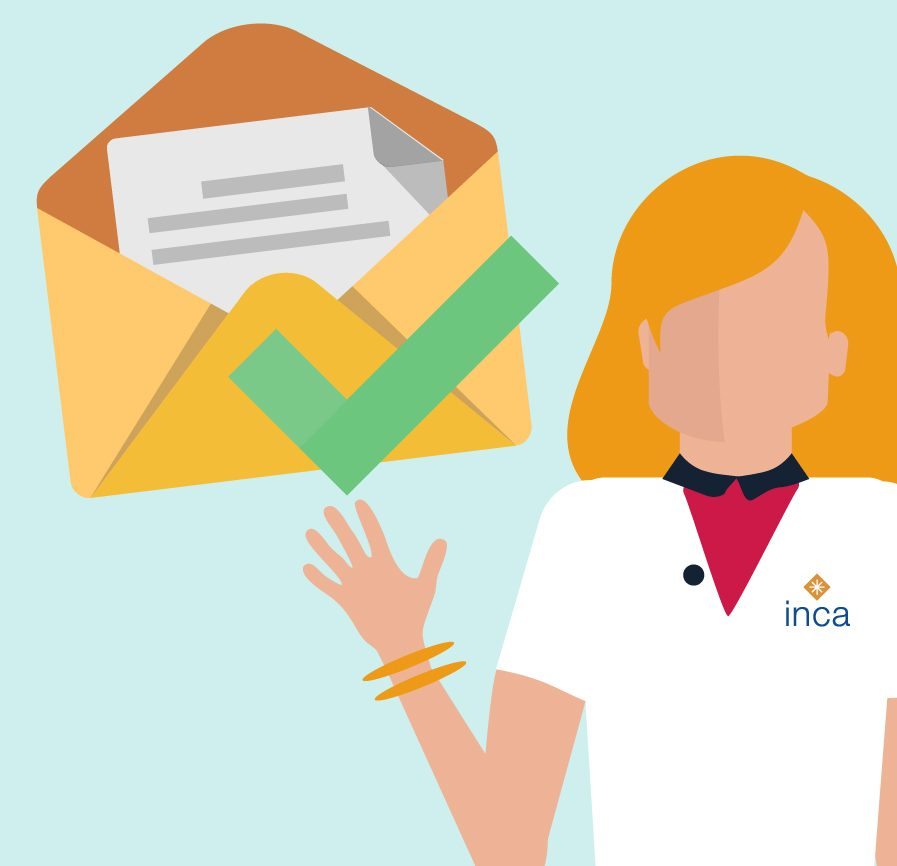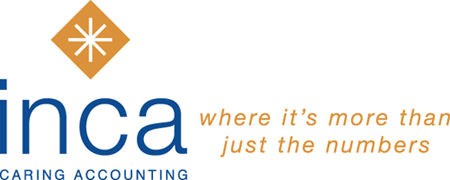The holiday festivities are over, and it’s back to work. Hopefully, you’ve returned to your business relaxed and rejuvenated, your New Year resolutions still fully intact, and fired up ready to make 2019 your best year yet.
Before you get too engrossed in your business plans though, there’s an important question you need to ask yourself: ‘Do I need to complete a Self Assessment tax return for the tax year 2017 – 18?’
How It Should Work
If you receive any income that’s not been taxed at source, and on which tax is due, you’re required to inform HMRC about the income within 6 months of the end of the tax year in which you receive it. HMRC will then issue you with a 10-digit Unique Tax Reference (UTR) number (if you’re self-employed, you’ll need to register as self-employed first). Once you’re registered, HMRC will automatically send you a letter in April or May requesting you complete a tax return.

If you don’t know the answer to the question or you’re not sure, you need to find out very quickly, because if it’s ‘yes, you only have a very short time left to file your return with HMRC.
The deadline for filing an online tax return for the tax year 2017-18 is midnight on Thursday 31st January 2019 – also the date by which any tax due for that year – or due on account for the tax year 2018-19 must be paid.
Many people believe that HMRC will notify them if they’re required to complete a Self Assessment tax return, but this isn’t the case. It’s your responsibility to know, and ignorance will be no excuse.
It’s a responsibility to be taken seriously. If you fail to file a return when you should, the consequences can be costly. With penalties for late filing increasing the longer a return remains overdue, and interest charges accruing on unpaid tax, costs can very quickly spiral upwards.
Check If You Need to Send a Self Assessment Tax Return
You can use HMRCs online checker tool to find out if you need to send in a Self Assessment tax return for the tax year 2017-18. Just go to https://www.gov.uk/check-if-you-need-tax-return and answer a few simple questions.
But if any of the following statements applied to you during the tax year 2017-18, you must complete a return:
- You were self-employed as a ‘sole trader’ and earned more than £1,000
- You were a partner in a business partnership
- You received any other untaxed income, for example from:
- Savings, investments and dividends
- Renting out a property
- Overseas assets
In our experience, the two areas people most commonly get into trouble over are failing to declare income from property rentals and overseas assets. In both instances, HMRC is currently employing a range of resources to help them actively seek out those not paying what they should. To find out more about this, see our blog Are You Declaring All Your Taxable Income?
Still Not Sure? Don’t Worry – Call Us Now for Help & Advice!
If you’re in any doubt at all about whether you need to file a tax return, don’t delay. Get in touch with us right away, and we can advise you. And if it transpires that you do, we can help you. With your permission, we can even act as your authorised agent and talk with HMRC on your behalf. As we’ve said many times before in our blogs, it’s always best to approach HMRC, rather than wait for them to come to you.
Don’t delay. Call us now on 01235 868888 or email us at [email protected]




